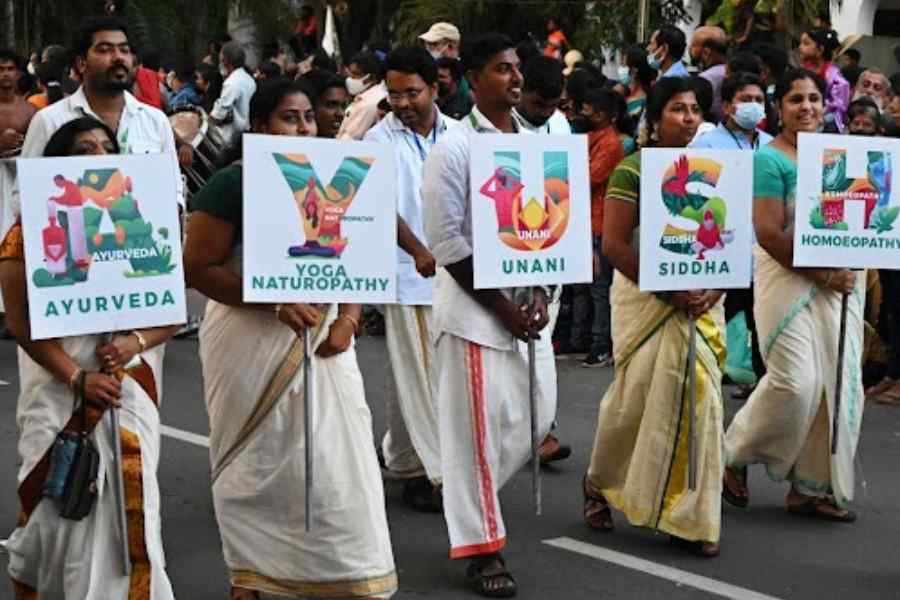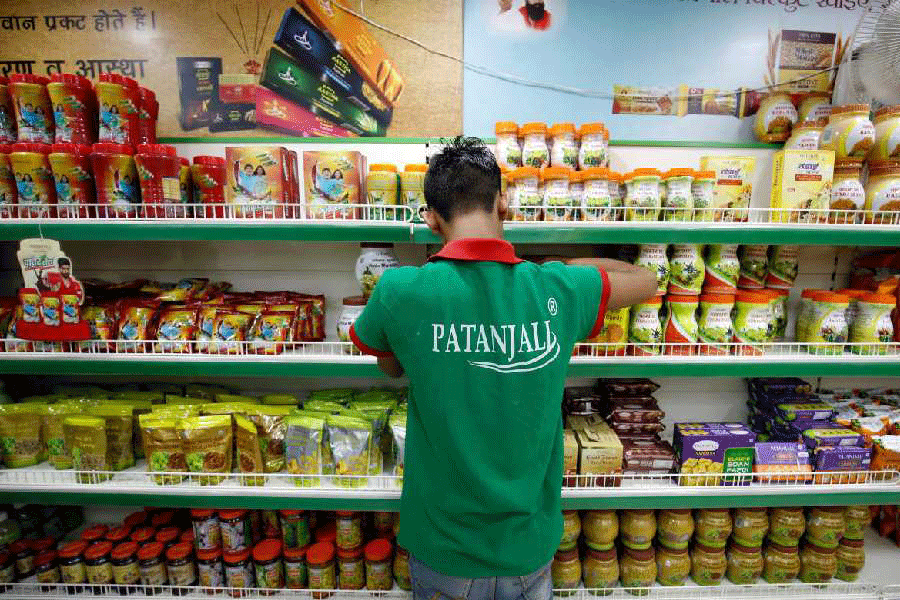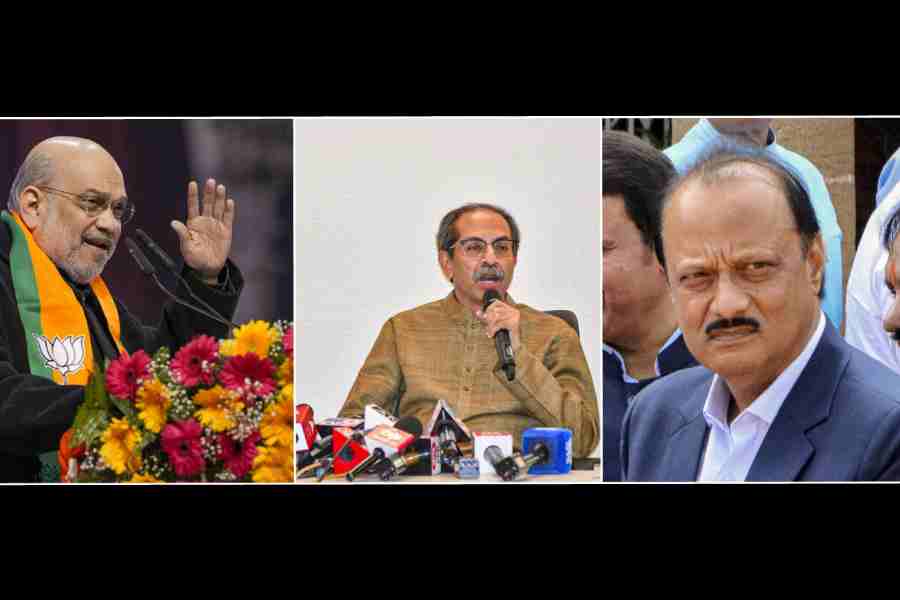A Kerala-based doctor has complained to the Prime Minister’s Office about what he has described as the Centre’s “inaction” on proposed legislative amendments for fresh curbs on misleading advertisements for medicines and its “haste” to revoke an existing curb.
Ophthalmologist K.V. Babu, in a letter sent to the PMO on Thursday, has used documents he had obtained through the Right to Information Act to accuse the Union health ministry of inaction on legislative amendments that it had itself proposed in February 2020.
Babu has also referred to a decision earlier this year by the Union ministry for ayush (ayurveda, yoga, unani, siddha and homoeopathy) to revoke Rule 170 in the Drugs and Cosmetics Rules, introduced by the Centre in 2018 to curb misleading advertisements for drugs.
The Ayush ministry’s action and the health ministry’s inaction are “against the recommendations of a parliamentary standing committee on health...
and against the interests of the health of our citizens”, Babu said in his letter.
Rule 170, introduced through a notification in December 2018 to curb inappropriate advertisements of ayush, products had evoked opposition from drugmakers, some of whom had challenged it in Delhi High Court.
In response, the Centre had told the court in May this year that it would refer the petitions against Rule 170 to a technical advisory board for “reconsideration”.
The parliamentary standing committee had in March 2018 expressed concern about misleading advertisements and asked the ayush and health ministries to strengthen effective regulations against ayush advertisements.
The health ministry had in February 2020 released a draft document proposing amendments to the Drugs and Magic Remedies Act 1954 to expand the list of health disorders for which advertisements were to be prohibited and enhance punishments for violations.
But documents Babu has obtained through requests under the RTI Act show that the file on the proposed amendments, circulated within the health ministry until November 9, 2022, Babu said in his letter to the PMO. “The proposal is under suspended animation for almost four years,” he wrote.
However, the ayush ministry, within three months of getting a recommendation from the technical advisory board to revoke Rule 170, wrote to drug regulators in all states, directing them not to initiate action under Rule 170.
“The inaction by the health ministry and the haste by the syush ministry — both appear intended to please drugmakers putting out misleading advertisements,” Babu told The Telegraph.
The ayush ministry had itself told Parliament on March 22, 2022, that its pharmacovigilance centres across the country had reported 18,812 objectionable advertisements between 2018 and 2021.
Babu said the contrast between the four-year delay in the proposed legislative amendments and the decision to revoke Rule 170 within months is “glaring”.
Ayush ministry officials had in the past argued that existing provisions in the Drugs and Cosmetics Act and the Drugs and Magic Remedies Act allow health authorities to identify misleading advertisements and prosecute offenders.











